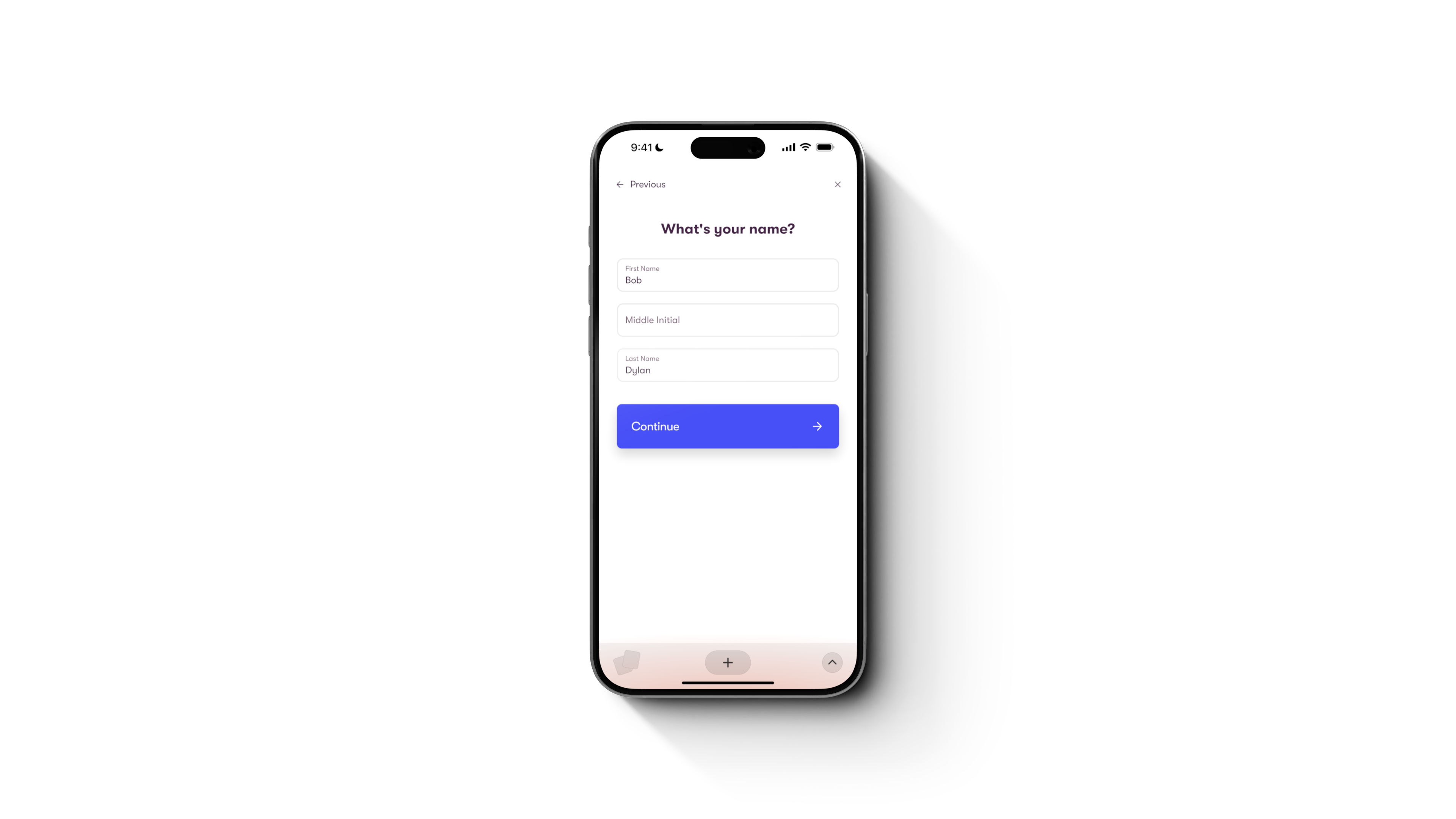5 Helpful Tips for First-Time Car Buyers
Buying your first car can be both exciting and overwhelming.
With so many options and decisions to make, it’s easy to feel lost in the process. However, with the right preparation and knowledge, you can navigate the car-buying experience confidently.
Here are five essential tips to help you on your journey.
In This Post
1. Figure Out What Payment You’re Comfortable With
2. Get Loan Preapproval and Shop Rates
3. Identify & Prioritize Your Wants vs. Your Needs
4. Take a Test Drive
5. Prepare for the Dealership
Conclusion: Helpful Tips for First-Time Car Buyers

1. Figure Out What Payment You're Comfortable With
Establishing a budget is crucial before you even start shopping for a car. Understanding your financial capacity will help you avoid future stress related to payments.
- Calculate Total Ownership Costs: Don’t just consider the monthly payment. Factor in insurance, registration fees, maintenance, fuel, and even potential repair costs.
- Use Online Calculators: Many financial websites offer car payment calculators. These tools can help you input different loan amounts, interest rates, and terms to see what fits your budget. For instance, you can check out a payment calculator here.
- Create a Financial Buffer: If you have fluctuating income or other financial obligations, it’s wise to choose a conservative payment option. This approach allows you to have a financial cushion for unexpected expenses or emergencies.
2. Get Loan Preapproval and Shop Rates
Securing loan preapproval is a vital step in the car-buying process, providing clarity on your budget and strengthening your negotiating position.
- Shop Around: Don’t settle for the first offer you receive. Research various lenders, including local banks, credit unions, and online financial institutions. Comparing interest rates and terms can lead to significant savings.
- Understand Your Credit Score: Your credit score is a major factor in determining your interest rate. You can reach out to Experian, Equifax, or TransUnion with a credit report request. By law, each year, they must supply a free credit report to any consumer requesting one. Address any issues before applying for a loan, as a higher credit score can lead to better loan terms.
- Consider Loan Terms Carefully: While a longer loan term may result in lower monthly payments, it can increase the total interest paid over the life of the loan. Aim for a term that strikes a balance between monthly affordability and overall cost.
3. Identify & Prioritize Your Wants vs. Your Needs
Understanding the difference between your needs and wants can significantly streamline your car-buying process.
- Create a Needs List: Start by identifying essential features that are necessary for your daily life. Consider factors such as safety ratings, fuel efficiency, space for passengers or cargo, and reliability. You can check safety ratings on websites like IIHS.
- List Your Wants: After establishing your needs, think about additional features that could enhance your driving experience, such as advanced technology, all-wheel drive, or premium sound systems. These features can enhance comfort but should not overshadow your primary requirements.
- Research Models: Once you have your lists, research cars that meet your criteria. Utilize online reviews and comparison tools, such as Cars.com, to evaluate models that align with your priorities. Consider factors like performance, fuel economy, and user ratings to make an informed decision.
Wants vs. Needs Comparison Table
| Category | Needs | Wants |
| Reliability | Dependable and durable | Brand reputation for reliability |
| Safety | Essential safety features | Advanced safety technologies |
| Fuel Efficiency | Good gas mileage | Hybrid or electric options |
| Space | Adequate seating and cargo capacity | Luxury seating or additional features |
| Budget | Fits within financial means | Premium or luxury models |
| Color and Style | Neutral or basic color options | Specific colors and custom designs |
| Technology | Basic infotainment features | High-end tech, premium audio systems |
| Performance | Sufficient power for daily needs | High horsepower or sport models |
| Upgrades | Standard features | Custom wheels, sunroofs, leather seats |
4. Take a Test Drive
The test drive is a critical step in the car-buying process that allows you to experience a vehicle firsthand and evaluate whether it meets your expectations.
- Assess Comfort and Visibility: Pay attention to how the car feels when you’re driving. Is it comfortable? Do you have good visibility? Are the controls intuitive and easy to operate? This hands-on experience is vital in ensuring you feel at ease behind the wheel.
- Test Different Conditions: When scheduling test drives, aim to drive in various conditions—highway, city, and even rougher roads if possible. This approach will give you a better understanding of how the car handles in real-world scenarios.
- Check Features in Action: Test out key features, such as the infotainment system, climate control, and safety technology. Make sure everything works as you expect, as this will play a significant role in your overall satisfaction with the vehicle.
5. Prepare for the Dealership
Walking into a dealership can be intimidating, especially if it’s your first time. Preparation is key to ensuring a smooth and successful experience.
- Do Your Homework: Research the specific models you’re interested in, including their market value, common features, and any current promotions or incentives. Websites like Kelley Blue Book provide valuable pricing information and insights that can empower you during negotiations.
- Bring Essential Documents: Carry your preapproval letter, a valid driver’s license, and any relevant documents regarding your trade-in (if applicable). Being organized can streamline the process and enhance your credibility as a buyer, helping to facilitate smoother negotiations.
- Be Ready to Negotiate: Approach negotiations with confidence. Start with an offer based on your research and don’t be afraid to walk away if the terms don’t align with your budget. Many deals can be improved with patience and assertiveness.
Conclusion: 5 Helpful Tips for First-Time Car Buyers
Buying your first car is a significant milestone, and with the right approach, you can make it a positive experience. By determining your budget, securing financing, prioritizing your needs, test driving potential cars, and preparing for the dealership, you’ll be well-equipped to find a vehicle that suits your lifestyle and financial situation. Remember to take your time, do thorough research, and don’t hesitate to ask questions. Happy car shopping!
References:
- https://www.nerdwallet.com/l/first-time-car-buyer
- https://www.kbb.com/car-advice/10-tips-for-first_time-car-buyers
- https://www.iihs.org/ratings?gad_source=1&gclid=Cj0KCQjwgrO4BhC2ARIsAKQ7zUm81jSn9QCuuzcjrDS87emzmi4l5wjYVK5ffSdM-RG8t-4QvGBFtIAaAsnuEALw_wcB
- https://www.cars.com
- https://www.annualcreditreport.com/index.action
- https://www.youtube.com/watch?v=d5uJDcqJPFw



